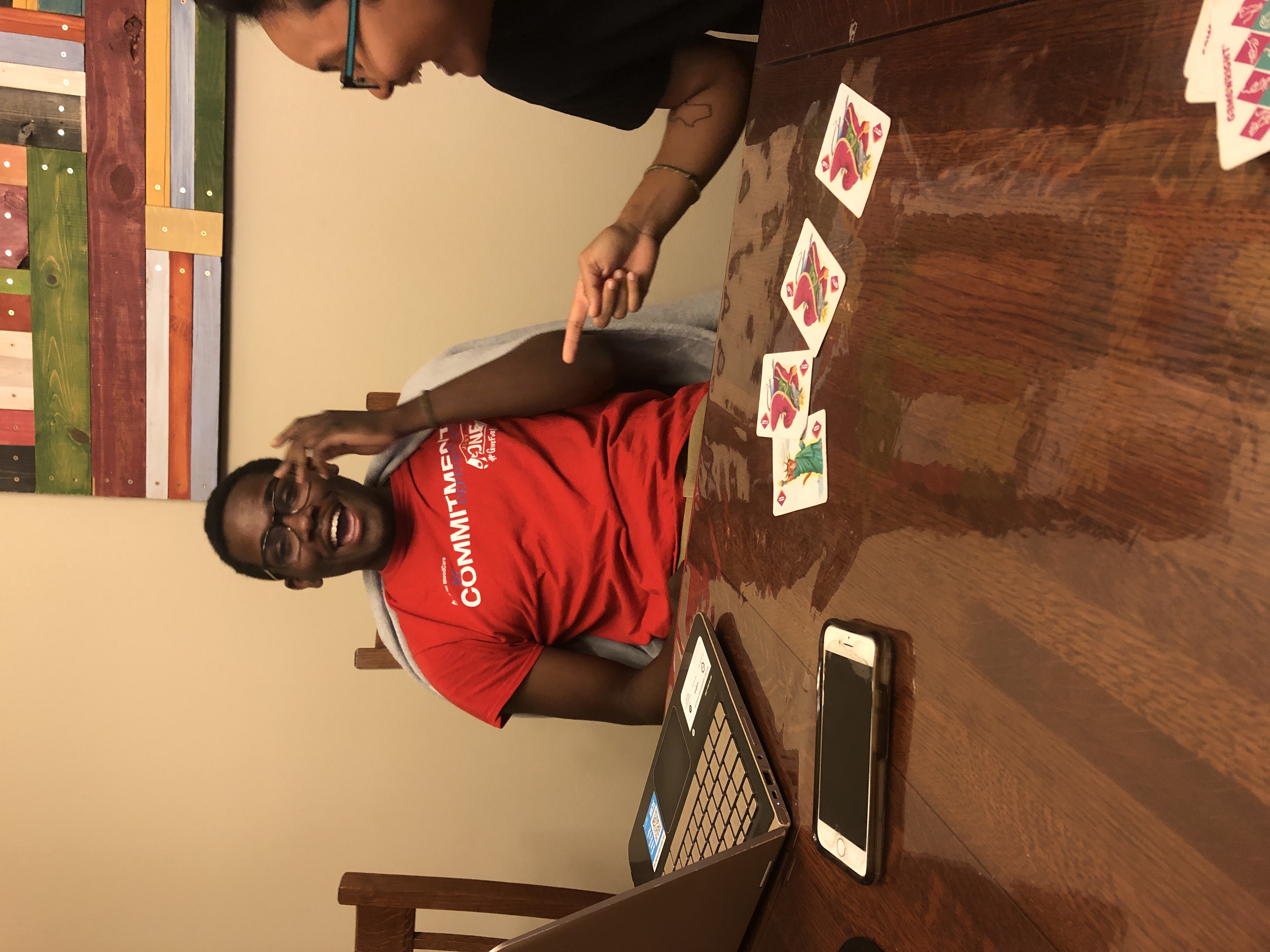The Future
It’s no surprise that with college comes a lot of anxiety about life after college. Whether it’s figuring out what your major should be, or figuring out what to do after you graduate, ~the future~ can always be scary! When faced with fears about making the right decisions for your future, they suggest:
- Thinking about what classes and extracurricular involvements you really enjoy and why
- Embrace the uncertainty and write your plan in pencil – figuring out what you want to do with your life can be a long process and sometimes you have to embrace the challenge
- Lean on your support network – friends, family, professors, mentors etc. Knowing that others have your back helps the future look a lot less scary!
- Seek advice from experts or professionals in your field(s) of interest – you are not the first to take this journey and you can learn a lot from those who came before you
- Set goals in all areas of your life (career, personal, relationships, financial, spiritual), not just academic or career – these goals will help you direct your efforts when planning and building your future life
“I do what I love. Allow yourself the opportunity to explore other options and be open to change; you get to set your own path now. I changed my major ... and I've never been happier with my career path. The key, I think, is to find what works for you. Not everything will work for you. I was a bio major for 2 months before I switched majors because I knew it just wouldn't work for me. Ultimately, you need to do what you think is best for you because you are creating your own future.”
“The actual decision of where to work or where to or if to go to grad school is just as daunting as I expected. I think the biggest thing to learn is that it is your decision and your life, so you have to choose what is going to make you the best version of you in the long run. ”




